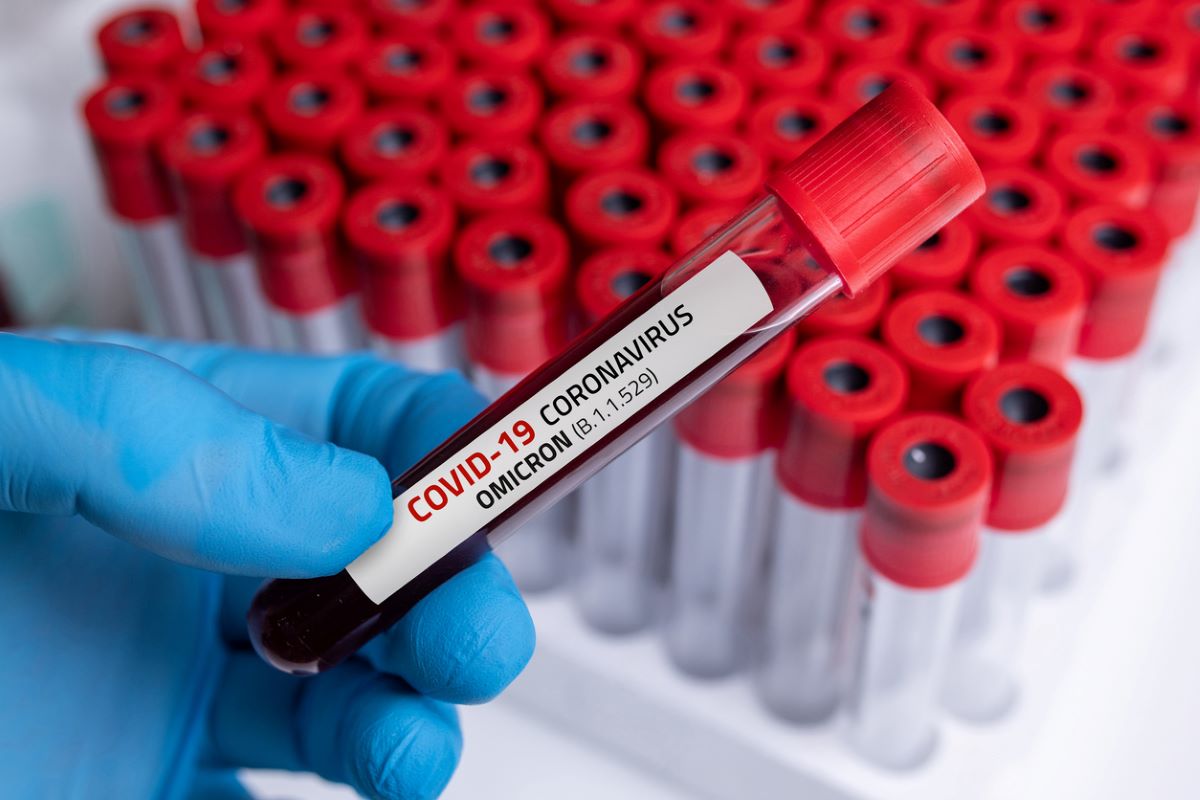Omicron has jolted several countries of the world to their foundations. On Thursday, the Group of Seven was decidedly explicit on the reality with the contention that it is the “biggest threat to world health”.
This can be contextualized with President Joe Biden’s warning of a “winter of death” among the unvaccinated. While scientists the world over are desperately trying to understand more about the Omicron variant and the threat that it poses, indubitable must be the grim reality that it spreads quickly everywhere it lands.
In South Africa, Omicron spread twice as fast as the highly infectious Delta variant whereas, in Denmark, cases of Omicron have roughly doubled every two days! G7 has utilized the opportunity to underline its contention that it was “more important than ever for countries to closely cooperate”.
The ministers were riveted to global access to diagnostics, genome sequencing, vaccines and therapeutics in an effort to combat the spread of the variant. Clearly, the impact of public health on international relations is currently at the core of discussions at the G7 high table.
This is fairly clear from the joint statement which highlights the increasing importance of booster campaigns and regular testing. Scientists have articulated the fear that while Delta remains the dominant variant in the United States, Omicron could soon pull ahead. It is a measure of the variant’s rapid spread that Omicron cases have risen to 2.9 per cent from 0.4 per cent in the span of a week.
The variant now threatens to stall global economic recovery. Countries of Europe are, therefore, preparing to impose greater restrictions on travel. Germany, Ireland and Denmark are considering further restrictions before Christmas, indeed following in the footsteps of France, which closed its borders last week to most non-resident Britons.
From December 20, Switzerland will exclude the unvaccinated from large segments of public life to curb coronavirus infections and protect the healthcare system. Happily on Friday, South Africa reported a much lower rate of hospital admissions and signs that the wave of infections might be peaking.
Only 1.7 per cent of identified Covid-19 cases were admitted to hospital in the second week of infections in the fourth wave, compared with 19 per cent in the same week of the third wave of Delta-driven infections. Fears have intensified with reports that the risk of reinfection with the Omicron variant is more than five times higher, according to a study by the Imperial College of London.
The finding is based on data furnished by the UK health security agency and the National Health Service. Those tested include people who tested positive for Covid-19 in a PCR test in England between November 29 and December 11.
Indeed, the pace of infection has shown the world that the shadow of the virus has grown larger.











